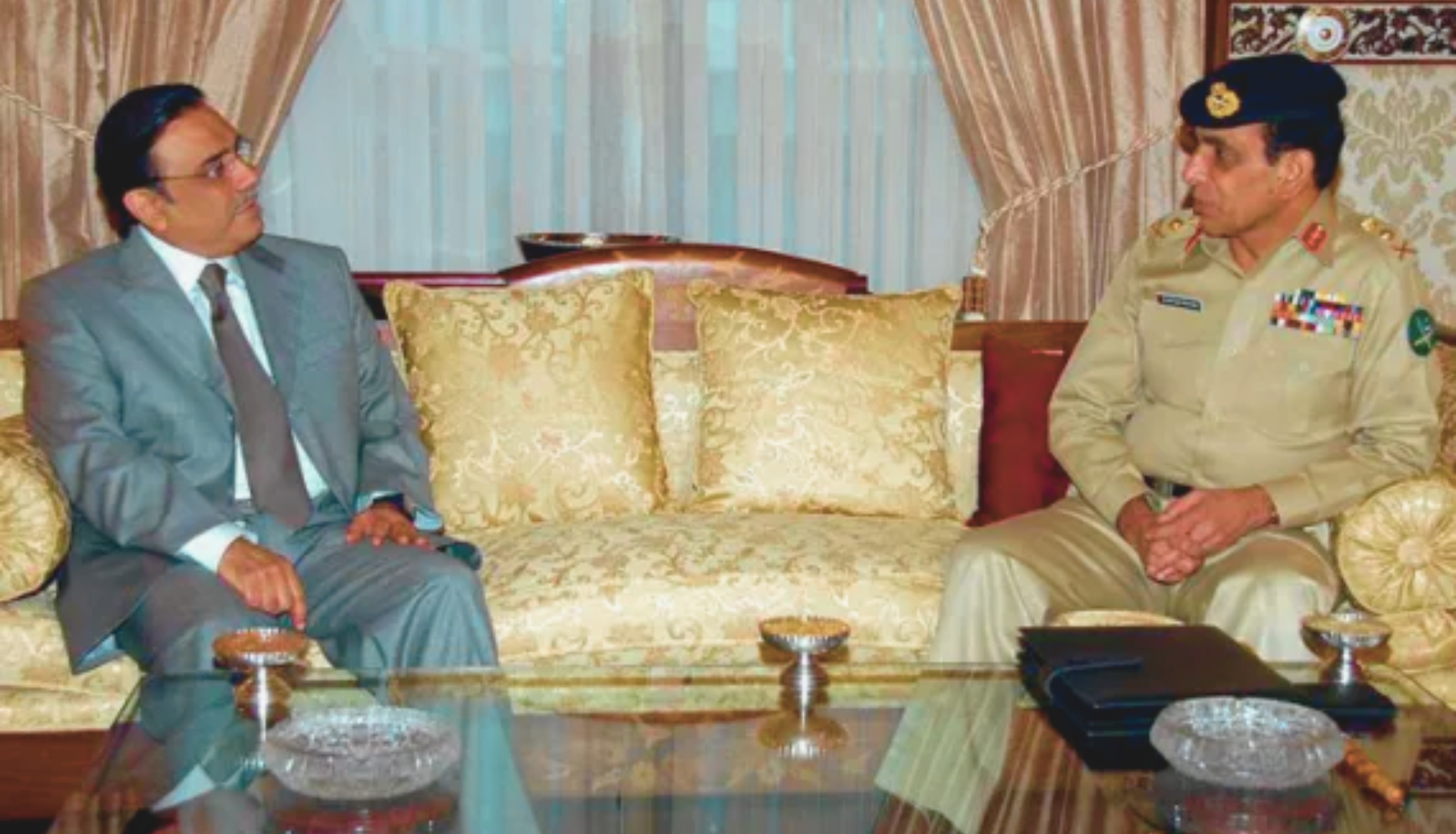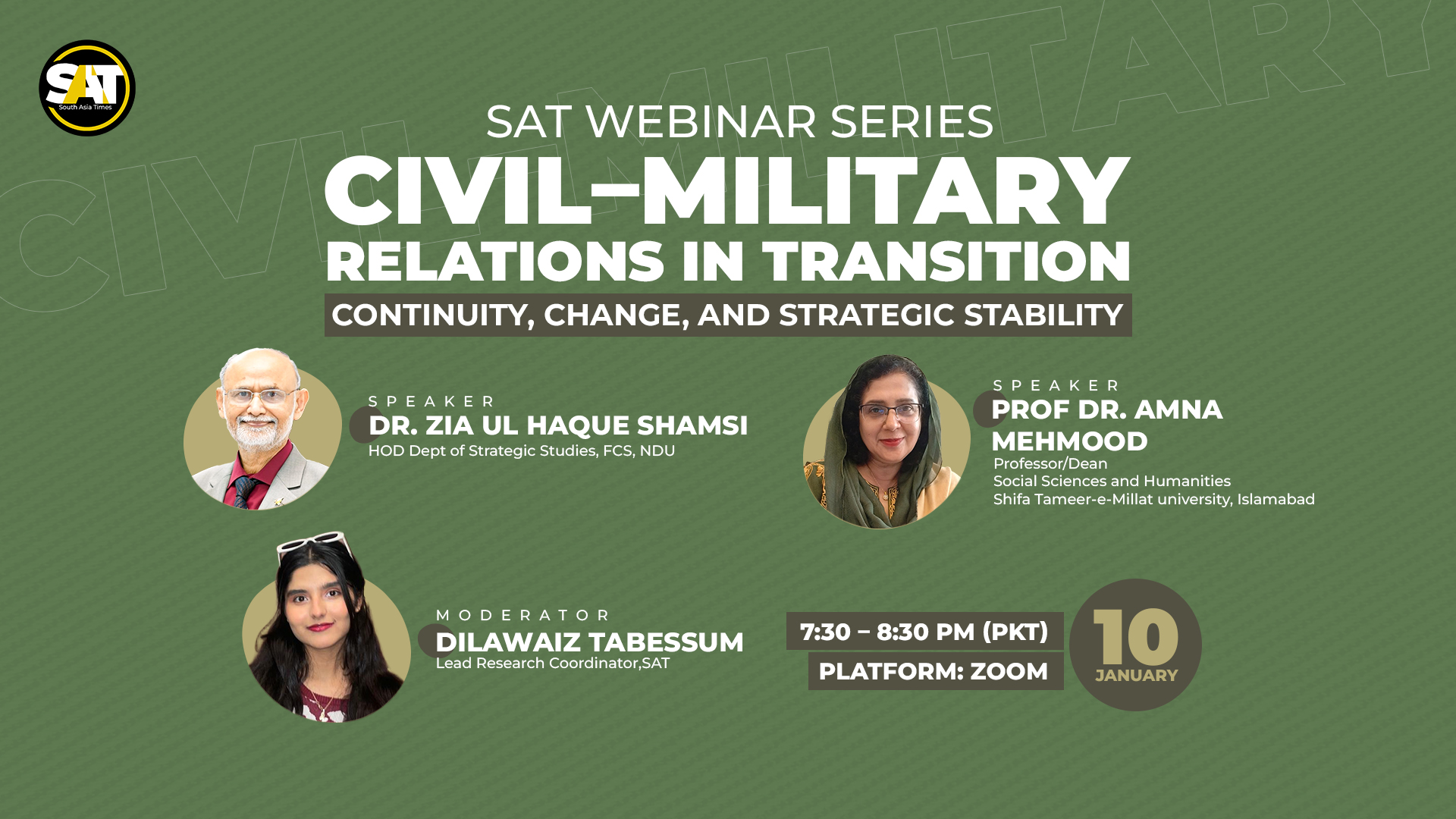Five fundamental rights petitions filed against the Adani Green Energy projects in the northeastern region of Sri Lanka have been withdrawn by the petitioners.
The withdrawal of petitions comes after the Attorney General filed a motion following the notification of Adani Green Energy to the Board of Investment about its decision to cancel its wind energy projects in Sri Lanka.
Last month, the Indian conglomerate announced its withdrawal from further engagement in the renewable wind energy project in Mannar and Pooneryn.
Fundamental rights petitions were filed in 2024 after the previous cabinet approved the project in May last year. The petitions pointed to the project’s environmental hazards and the lack of transparency.
The Adani Group left the project after the new Sri Lankan government led by President Anura Kumar Dissanayake decided late in December to review the project and renegotiate the power purchase agreement.
Also See: Sri Lanka’s Women Boxers Stranded After Serbia Visa Denial
The previous government-negotiated price of eight cents was considered too high, with the government aiming to bring it below six cents.
The National People’s Power (NPP) government, in the run-up to the September presidential election, had vowed to annul the project. In late December, the new cabinet opted to renegotiate the purchasing price.
Speaking on Tuesday, the government spokesman Nalinda Jayathissa reiterated the government’s insistence on lower unit prices.
This news is sourced from Colombo Gazette and is intended for informational purposes only.






